(I) Guangzhou Baiyun International Airport
Located in Huadu District, north of downtown Guangzhou, Baiyun International Airport is one of the three major hub airports in China. It boasts convenient transportation. In addition to the airport expresses, this large comprehensive transportation hub can be conveniently accessed in various ways, including driving, taxi, Metro Line 3, Airport Express bus, and intercity rail transit.
At present, Baiyun Airport has 8 parking lots open to the public, namely P1, P2, P3, P4, P5, P6, P7 and P8. Specifically, P1 - P5 are around Terminal 1 (T1) and P6 - P8 around Terminal 2 (T2), providing a total of more than 8,400 parking spaces. Parking fees: Free for the first 15 minutes (inclusive); RMB 10 per hour for the first 2 hours (less than 1 hour is counted as 1 hour); RMB 5 per hour starting from the third hour; and RMB 60 for 24 hours a day.
Passengers may take the Airport Express buses from Baiyun Airport to Guangzhou Baima Building, Huashi Hotel in Tianhe District, Rosedale Hotel & Suites in Haizhu District, Vanke Shangcheng Yufu in Guangzhou Development District in downtown Guangzhou; from Baiyun Airport to Conghua, Zengcheng, Zhuhai (stops: Guantang, Tangjia, Xiangzhou), Shenzhen (stop: Bao'an), Zhongshan, Zhongshan Guzhen (stop: Henglan), Zhongshan Xiaolan (stop: Dongsheng), Huizhou (stop: Boluo), Foshan, Foshan Shunde (stop: Chencun), Shunde Longshan, Foshan Guicheng (stop: Dali), Foshan Gaoming (stop: Sanshui), Foshan Xiqiao (stop: Shishan), Zhaoqing (stop: Sihui), downtown Dongguan (stop: Nancheng), Dongguan Songshan Lake (stop: Dongcheng), Dongguan Wanjiang, Jiangmen, Jiangmen Taishan, Qingyuan (stop: Holyton Hotel), Yangjiang (stops: Zhishan, Enping), Heyuan, Yunfu and Shaoguan in the Pearl River Delta. Likewise, passengers may take the buses from these places to Baiyun Airport. Tickets are available at local bus stops, city terminals or self-service ticket vending machines and ticket offices at Baiyun Airport.
Guangzhou-Qingyuan Intercity Railway (Huadu Station to Qingcheng Station) and Guangzhou East Ring Intercity Railway (Huadu Station to Baiyun Airport North Station) offer great convenience to passengers traveling between Qingyuan, Huadu and Baiyun Airport. These two intercity railways are connected through stops at Qingcheng, Huadu and Baiyun Airport North.
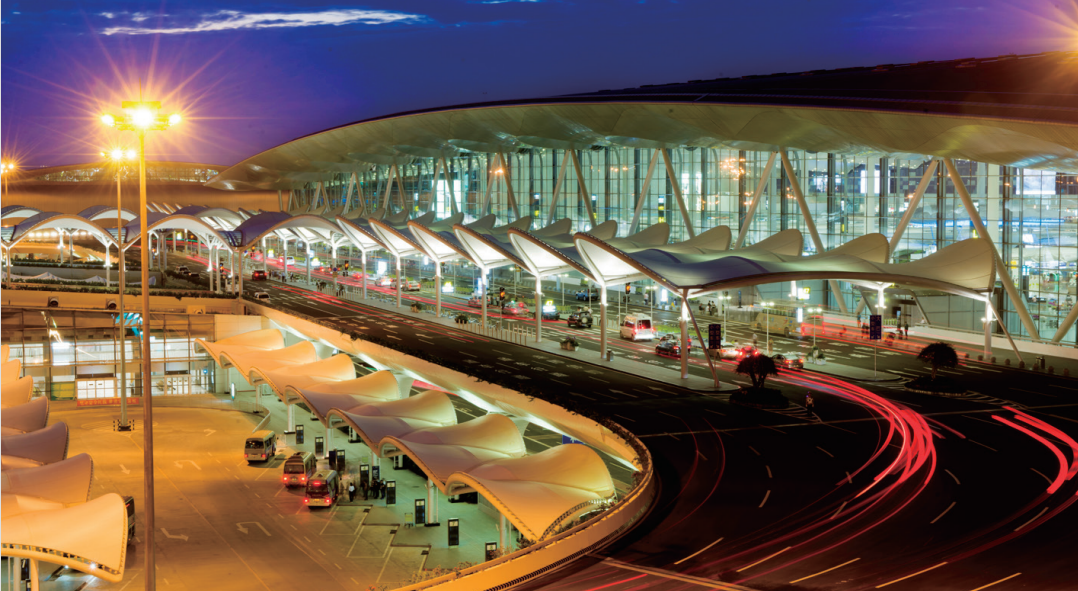
Baiyun Airport Customer Service Hotline
Tel: (020) 96158
Website: https://www.gbiac.net/
(II) Railway
China Railway Guangzhou Group Co., Ltd. operates EMU trains and regular-speed passenger trains. High-speed EMU trains offer tickets to business seats (only a few trains), special seats, second-classseats and no seats. Regularspeed passenger trains offers tickets to premium soft sleepers and soft sleepers (only a few trains for both), hard sleepers, soft seats, hard seats and no seats, with or without air conditioners. EMU trains and long-distance trains are equipped with dining cars for passengers to order meals.
In recent years, the fast-developing railways have become a fast, convenient, safe, comfortable and affordable option for traveling. At present, Guangzhou has high-speed railways to Beijing, Shijiazhuang, Zhengzhou, Wuhan, Changsha, Shanghai, Nanjing, Hangzhou, Fuzhou, Hefei, Nanchang, Jinan, Xi'an, Nanning, Guiyang, Chengdu, Chongqing, Lanzhou, Yinchuan, Kunming and Hong Kong within one day. Except Taiwan and Macao, there are regular-speed passenger trains to other provincial capital cities.
Jinan, Xi'an, Nanning, Guiyang, Chengdu, Chongqing, Lanzhou, Yinchuan, Kunming and Hong Kong within one day. Except Taiwan and Macao, there are regular-speed passenger trains to other provincial capital cities.
There are four railway stations in Guangzhou: Guangzhou Railway Station in Yuexiu District, Guangzhou East Railway Station in Tianhe District, Guangzhou South Railway Station in Panyu District, and Guangzhou North Railway Station in Huadu District.
Passenger trains from Guangzhou Station mainly go to cities such as Beijing, Shanghai, Wuhan, Chengdu, Chongqing, Guiyang, Lhasa, Urumqi, Nanning, Haikou, Xi'an, Yinchuan and Ningbo. Those from Guangzhou East Station mainly go to cities such as Hong Kong (Hung Hum), Shenzhen, Shantou, Meizhou, Xiamen, Harbin and Changchun, and some go to cities in East China (Beijing-Kowloon Railway), Beijing, Shanghai and other major cities; trains from Guangzhou South Railway Station are mainly high-speed EMU trains and Zhuhai Intercity EMU trains that reach the destinations within one day.
Passengers may log in to the China Railway Customer Service Center website at www.12306.cn or use “Railway 12306” App to buy or endorse a ticket or get a refund. These services are also available offline at the ticket offices in the railway stations. Additionally, passengers may buy an e-ticket using the self-service vending machines in the stations, or order a ticket by calling 95105105. E-tickets are available for sales at all sales agencies in Guangzhou.
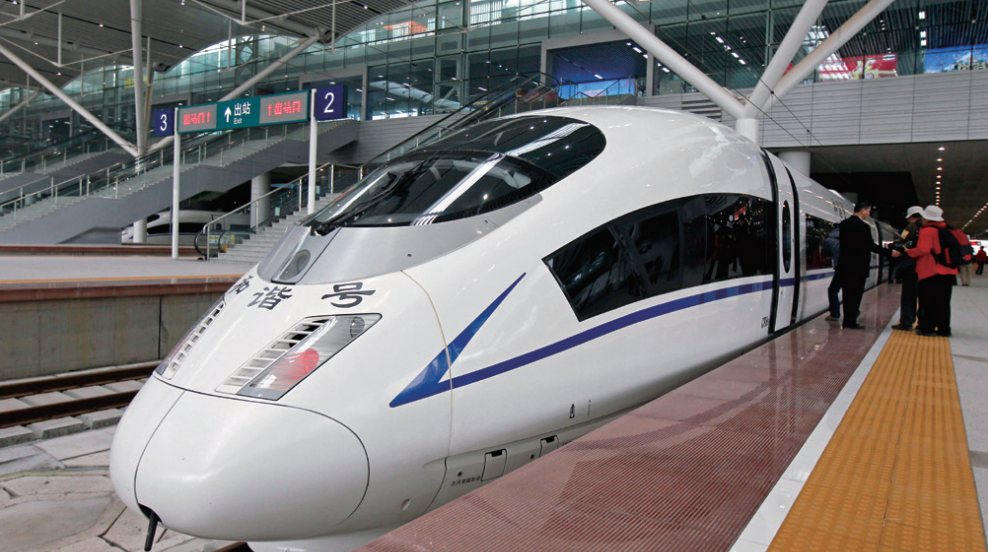
Established in 1992, Guangzhou Metro Group is a large state-owned enterprise wholly-owned by the Guangzhou Municipal Government. At present, Guangzhou Metro has 14 lines in operation, namely Line 1, Line 2, Line 3 (including the northern extension of Line 3), Line 4, Line 5, Line 6, Line 7, Line 8, Line 9, Line 13, Line 14 (including the Knowledge City Line), Line 18, Line 21, APM Line (Zhujiang New Town Automated People Mover) and Guangzhou-Foshan Metro Line. With a total of 290 stations (including 40 interchange stations), these lines are 589.4 kilometers long. They span two cities, Guangzhou and Foshan, run through 11 administrative districts in Guangzhou, and connect major transportation hubs such as Baiyun Airport, high-speed rail stations, railway stations and other major passenger stations, realizing the “integration of Guangzhou and Foshan” and “access to metro lines in all districts”. There are two tramcar lines in Guangzhou, namely, Guangzhou Tramcar Haizhu Circle Line (THZ1) and Huangpu Tramcar Line 1 (THP1), which are about 22.1 kilometers long and have a total of 30 stations.
The fares for trips on Guangzhou metro line network are calculated by travel distance: for the ffrst 4 kilometers: RMB 2; for the next 4-12 kilometers: RMB 1 for every 4 kilometers; for the next 12-24 kilometers: RMB 1 for every 6 kilometers; RMB 1 for every 8 kilometers beyond 24 kilometers. The fare for trips on APM and tramcar lines is RMB 2 per person. To ride the metro lines, passengers may use the Passenger Code, Yang Cheng Tong, Ling Nan Tong, National All-in-One Card, Metro Day Pass, UnionPay credit card or a single trip ticket. At present, the Passenger Codes for Guangzhou Metro are available on the Guangzhou Metro App, WeChat applet, Alipay applet and Yang Cheng Tong App. What’s more, the Passenger Code on the Guangzhou Metro App can also be used in three cities, Beijing, Shanghai and Chongqing, making it convenient for citizens to take urban rail transit in different cities.
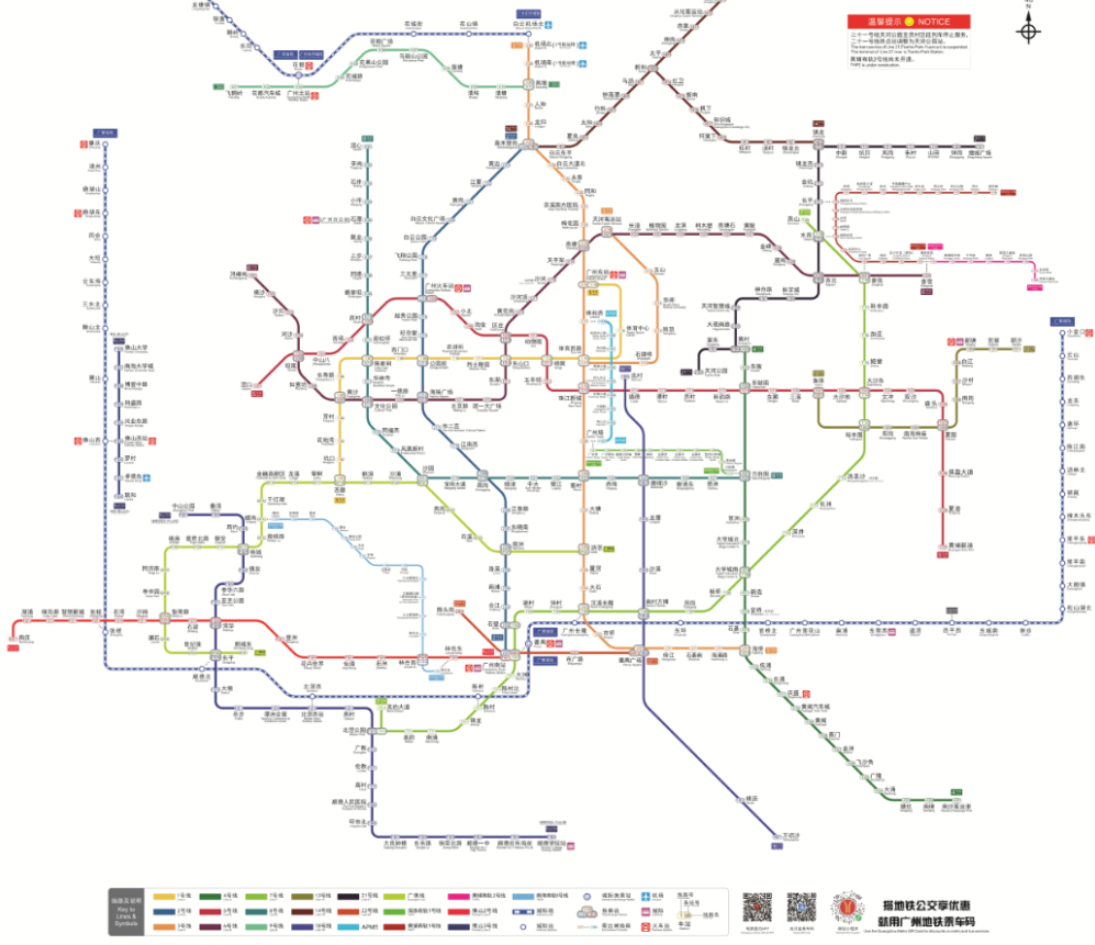
Guangzhou Metro Hotline: 96891
Guangzhou Metro Website: https://cs.gzmtr.com/ckfwEnglish/
(IV) Public transport
Taxi fare in Guangzhou is as follows: starting price: RMB 12/3km; renewal price: RMB 2.6/km for the trip exceeding 3 kilometers; no-occupancy surcharge: 20% of the renewal price (15-25 kilometers), 50% of the renewal price (over 25 kilometers), or 30% of the renewal price (23:00-5:00). Passengers will pay any separately charged road/bridge fees. Drivers and passengers must wear seat belts. After paying the fare, passenger may ask for a receipt and get off the taxi with all their luggage and items.
If you need information about the coach schedule, bus and water bus routes, etc., Xing Xun Tong App is available for you to check the schedule and availability of tickets, purchase tickets, generate ticket codes, and check the bus position in real time. When taking public transportation or entering the passenger stations, please take relevant pandemic prevention and control measures as required. If you are dissatisfied with the operation or services of the coach rides from or to passenger stations in Guangzhou, or the public transportation, please call 12345 to consult customer service, provide feedback or file real-name complaints. If you accidentally leave your luggage or items in buses or taxis, please contact the operators of the public transport vehicles according to the Notice of the General Office of Guangzhou Municipal People's Government on Printing and Distributing the Regulations on the Management of Lost and Found Items in Guangzhou (Sui Fu Ban Gui [2021] No. 1).
Guangzhou Municipal Transportation Bureau Website: https://jtj.gz.gov.cn/

Source: Guide For Foreigners In Guangzhou(2021)

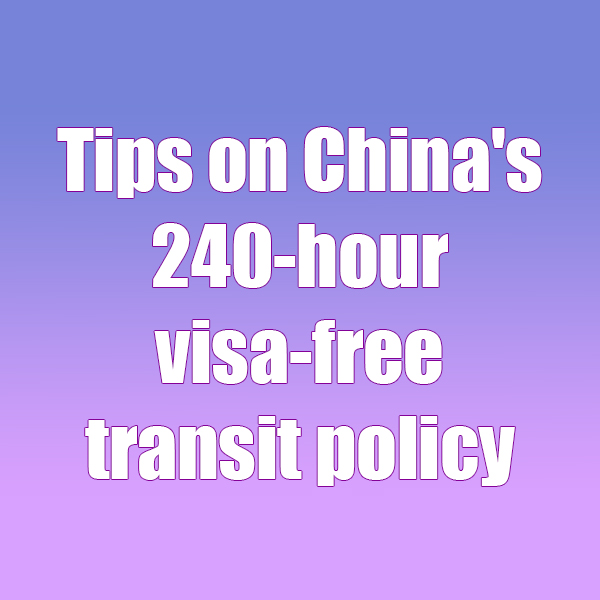
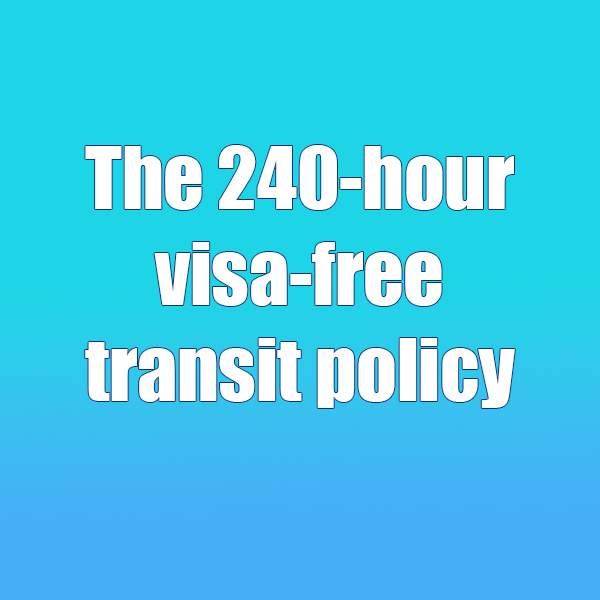
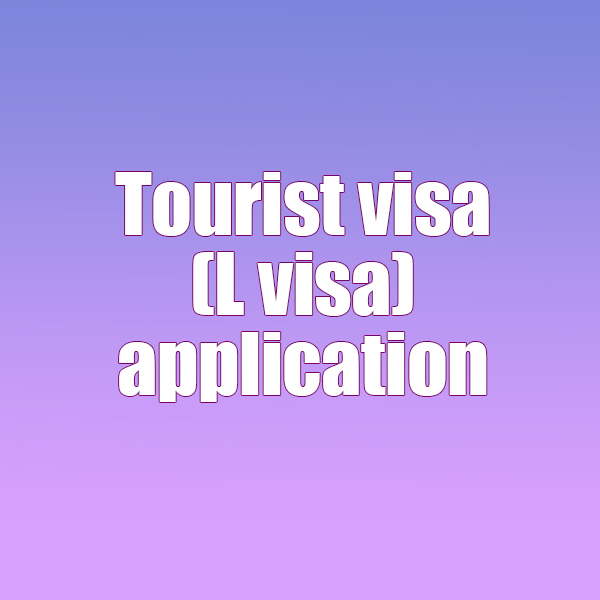
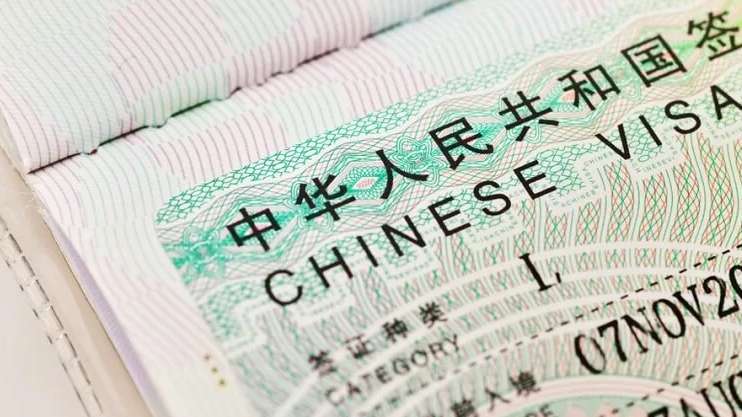
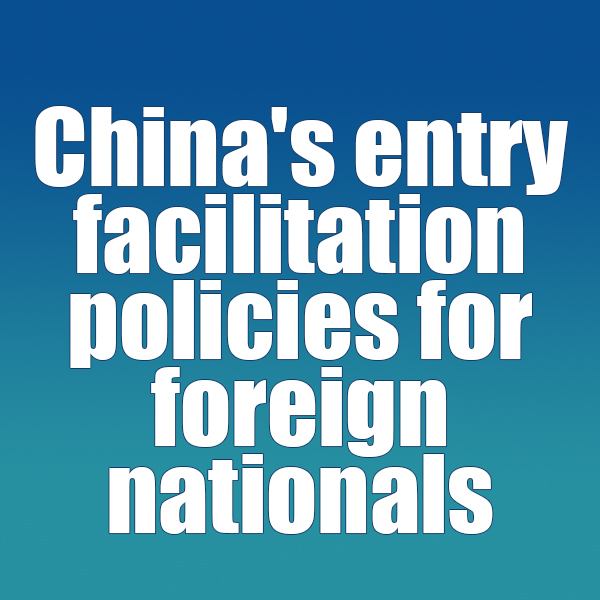


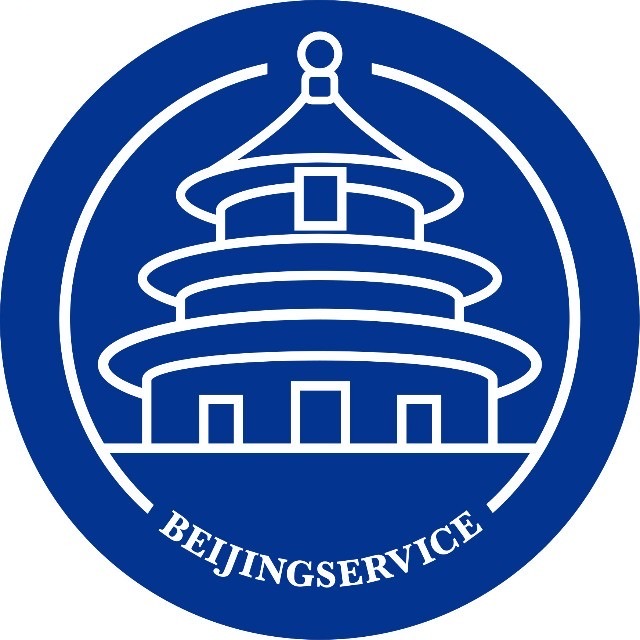
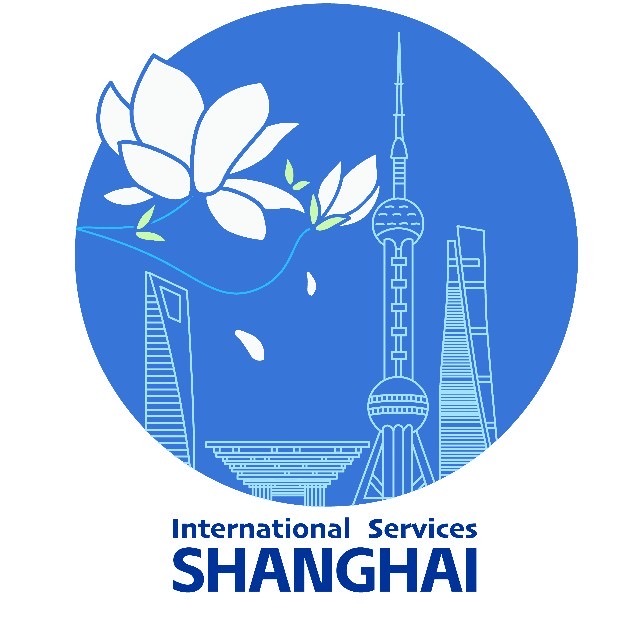




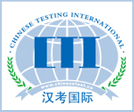

 京公网安备
京公网安备